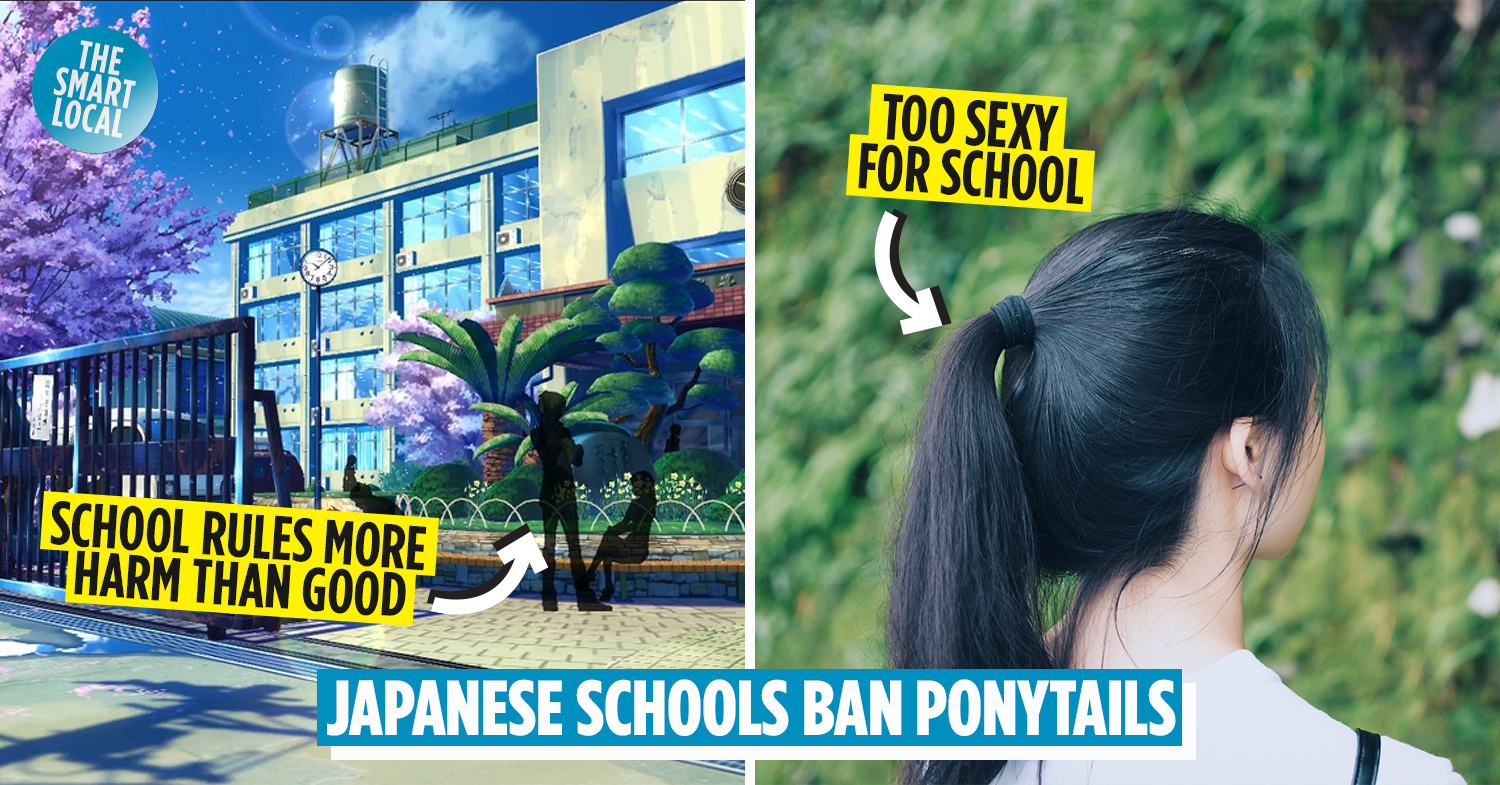Japanese schools ban ponytails
Japanese schools have been long known for their strict uniform requirements, which dictate everything from the students’ underwear colour to the length of their socks. But recently, some new rules aroused the anger of both students and parents alike.
Controversial rule change regarding ponytails
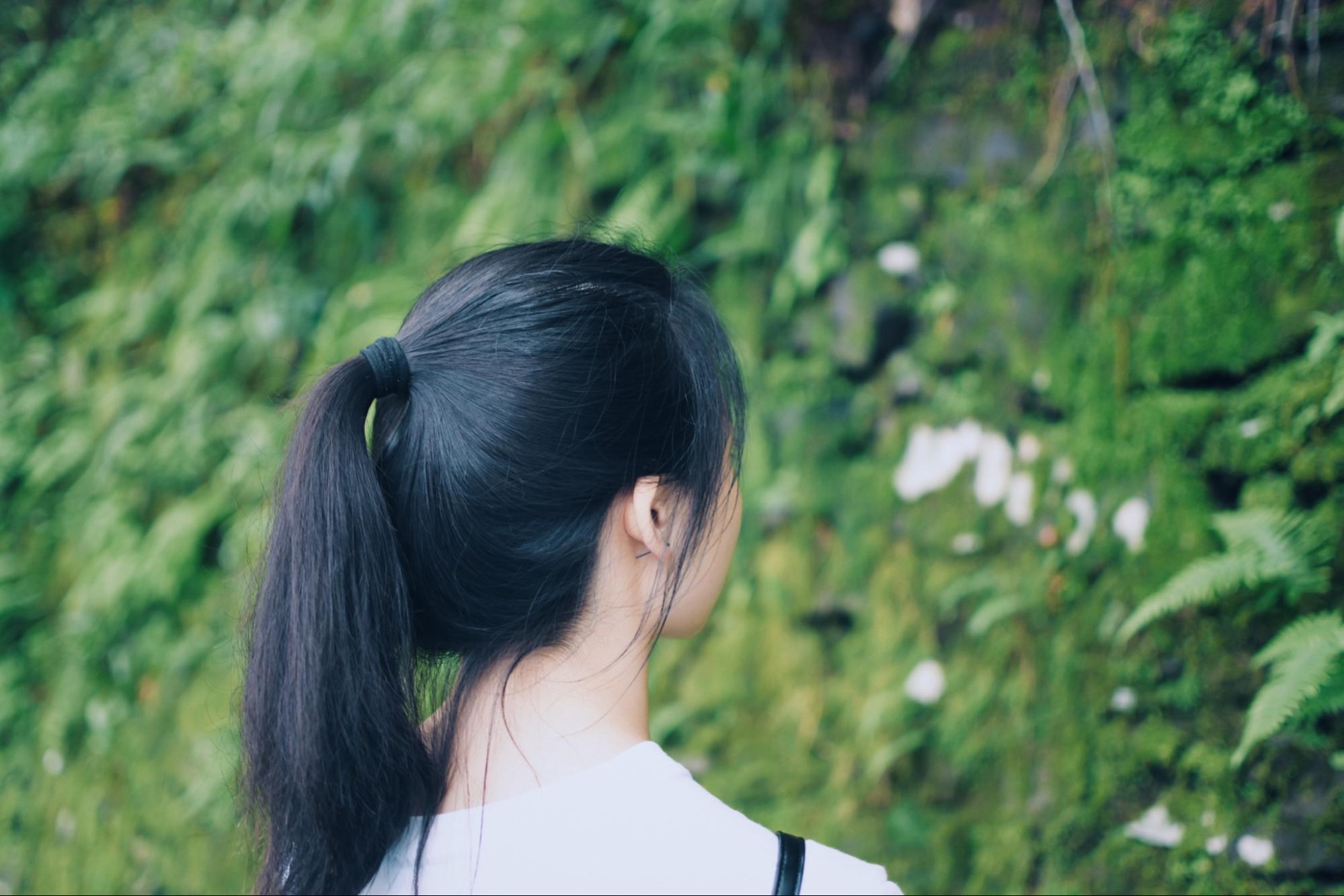
Image credit: Jizhidexiaohailang
New rules in Japanese schools stipulate that female students are no longer allowed to tie their hair in ponytails. The rule was put in place for fear of female students seducing male students and teachers with the glorious napes of their necks.
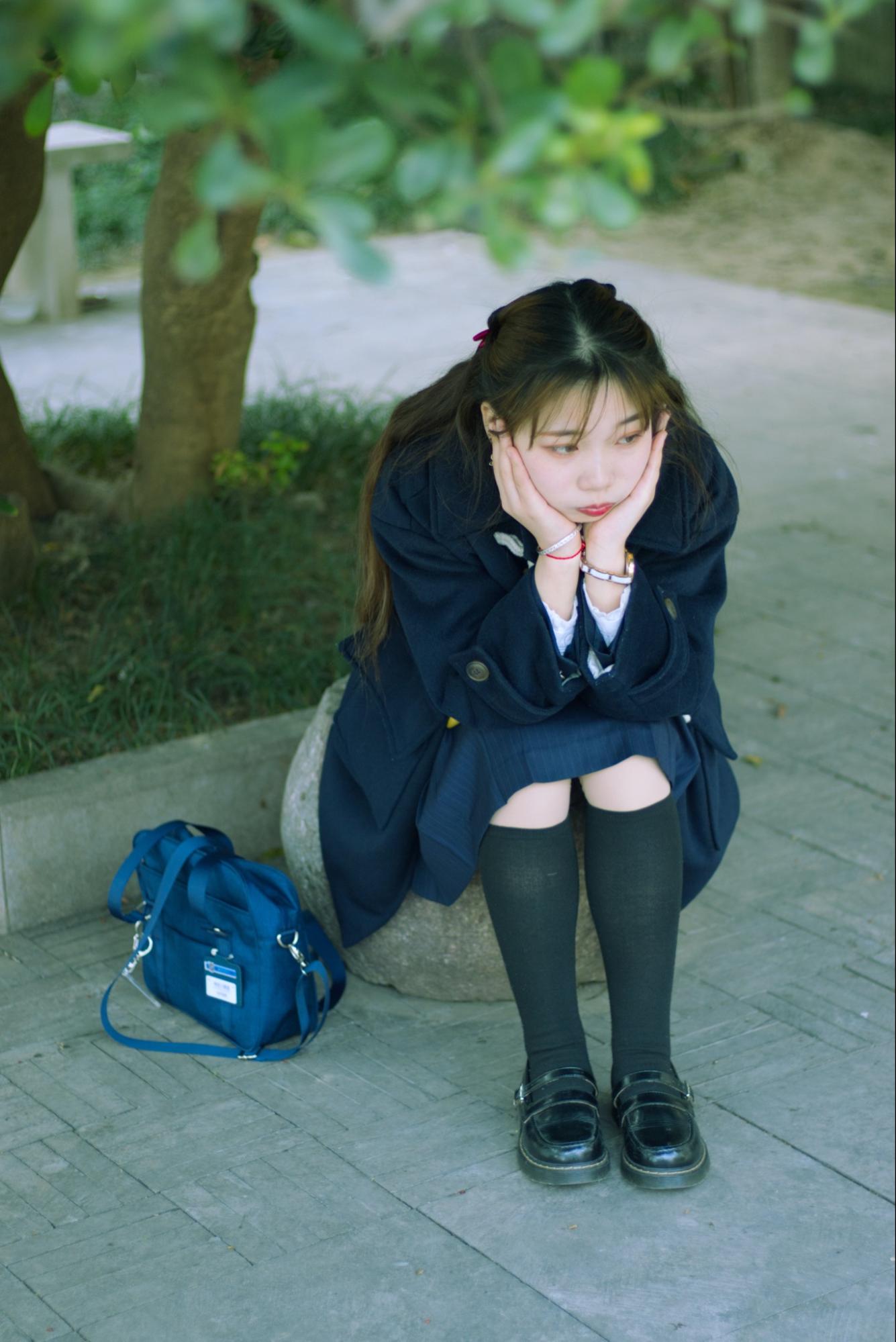
Image credit: 戸山 神奈
Parents and students alike have voiced their opinions regarding the unreasonable rule – how else will female students keep their hair neat and tidy?
Draconian school rules
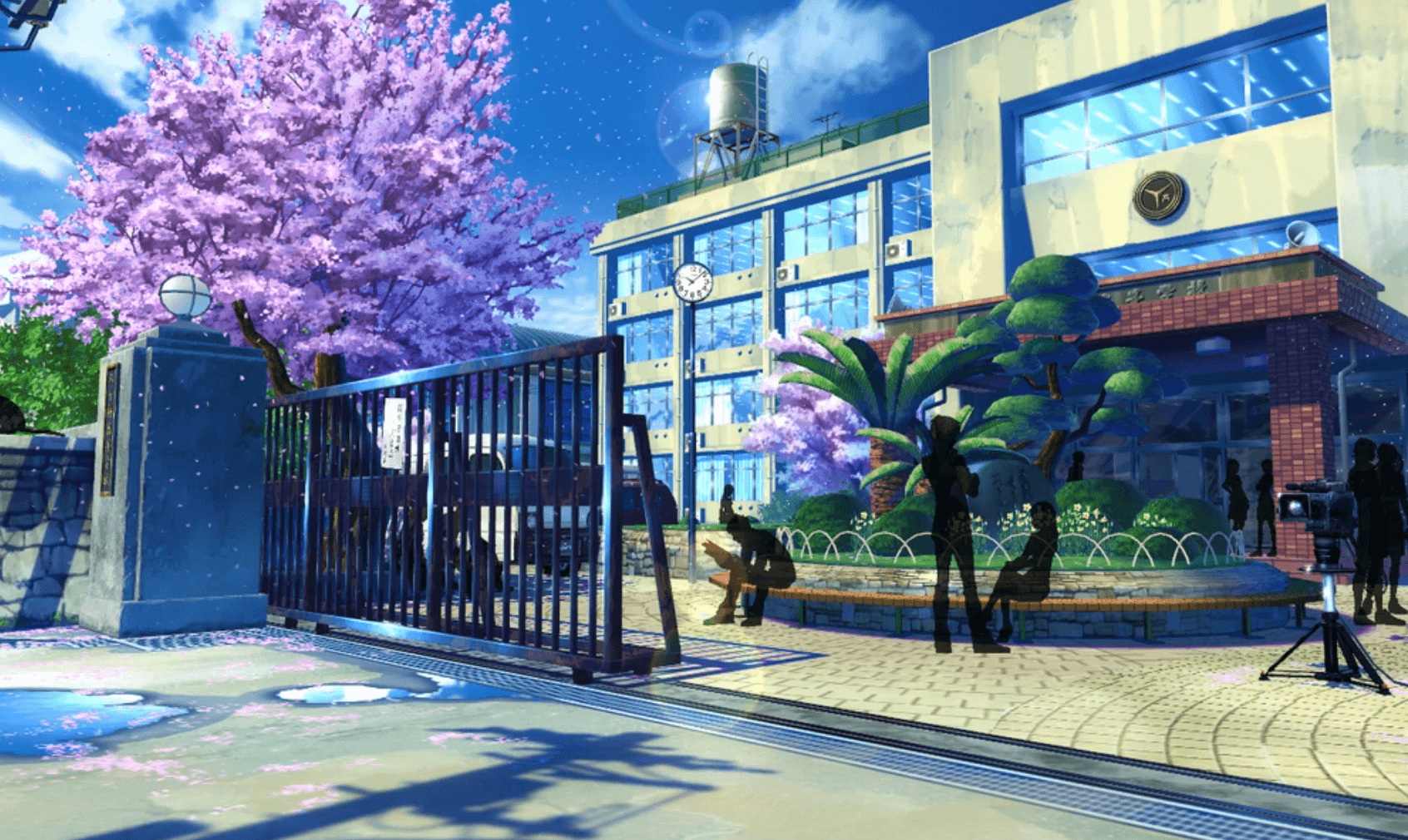
Image credit: Animax
Japanese schools are infamous for their ridiculously strict dress code, so much that they even have a name for it – burakku kōsoku (black rules; ブラック校則).
Students in these ultra-strict schools are only allowed to have black hair unless they have proof that their natural hair is otherwise. They’re also prohibited from wearing low-cut socks, and made to ensure that not only are their shoes white, but their shoelaces as well.
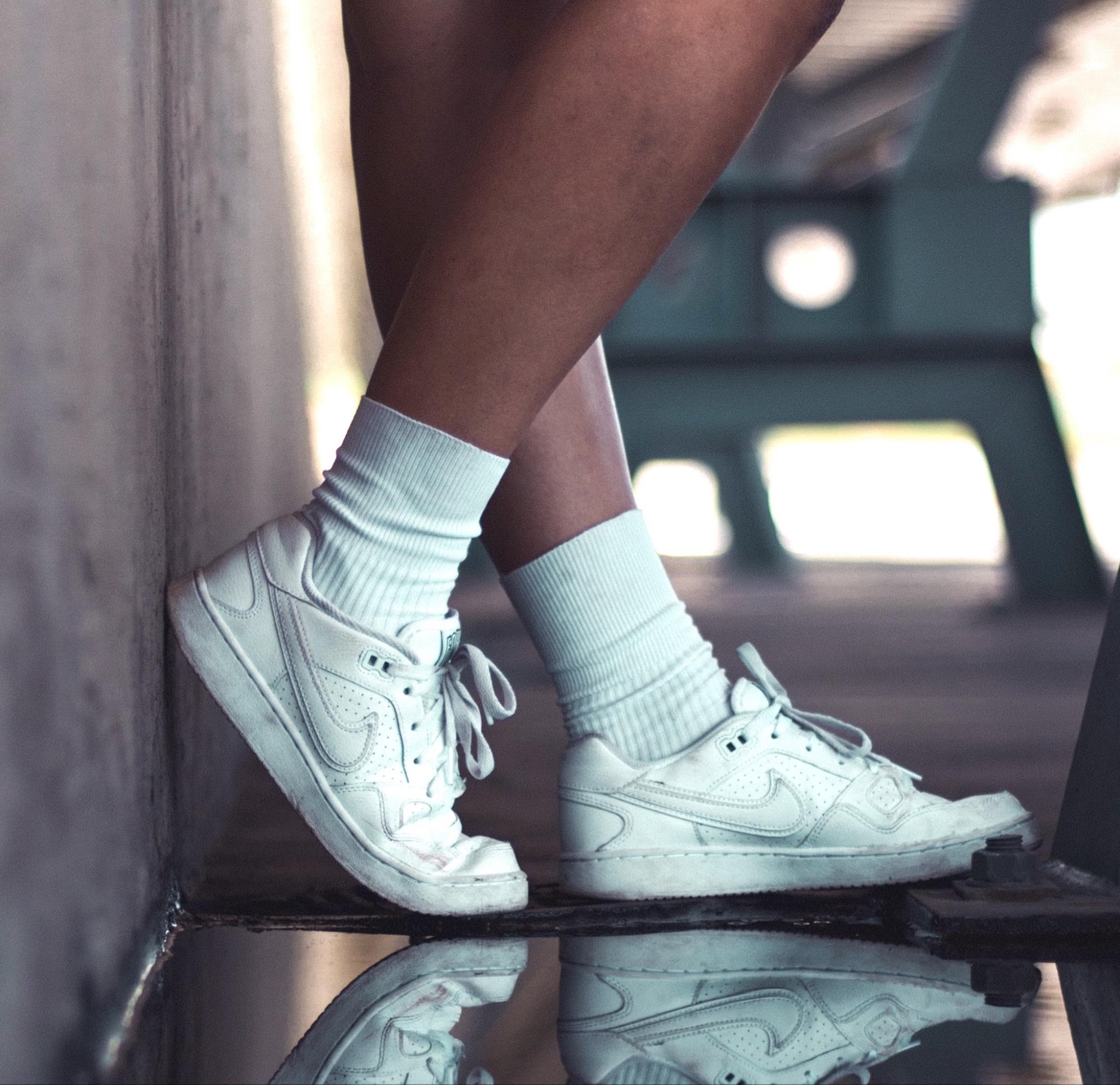 Image adapted from: Quinton Coetzee
Image adapted from: Quinton Coetzee
Female students are further persecuted by being made to only wear white undergarments, in addition to having all sorts of restrictions on their hair styles – the latest addition is just one entry in a laundry list of unreasonable rules.
Japan’s history of strict dress codes
These strict rules have garnered no small amount of negative feedback over the years; there have been many instances where the school administration exhibited rigidity even in the face of students with special circumstances.
One such case was that of a 18-year-old high school student who, in 2017, was repeatedly harassed by her school administration regarding her hair. She has had naturally brown hair since birth, but received repeated demands from her teachers for her to dye her hair black.
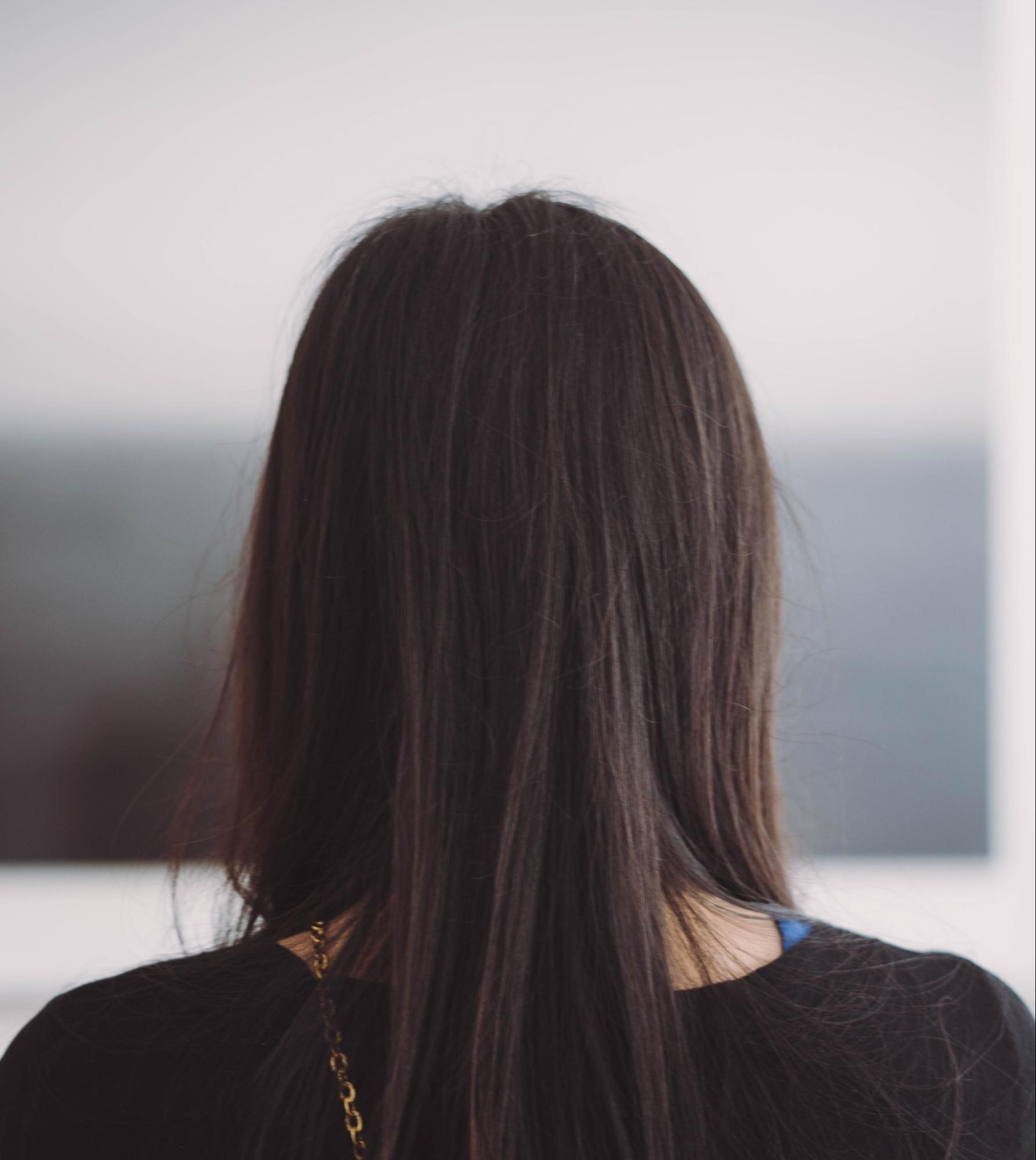
Image adapted from: Max Zhang
She filed a lawsuit against her school, seeking compensation of ¥2,200,000 (~USD16,931.74) for the mental distress she had to suffer due to her teachers’ harassment, which included removing her desk from the classroom, as well as erasing her name from the school roster.
Osaka’s district and appeals courts, however, ruled in favour of her school. The student has since brought the appeal to the supreme court instead.
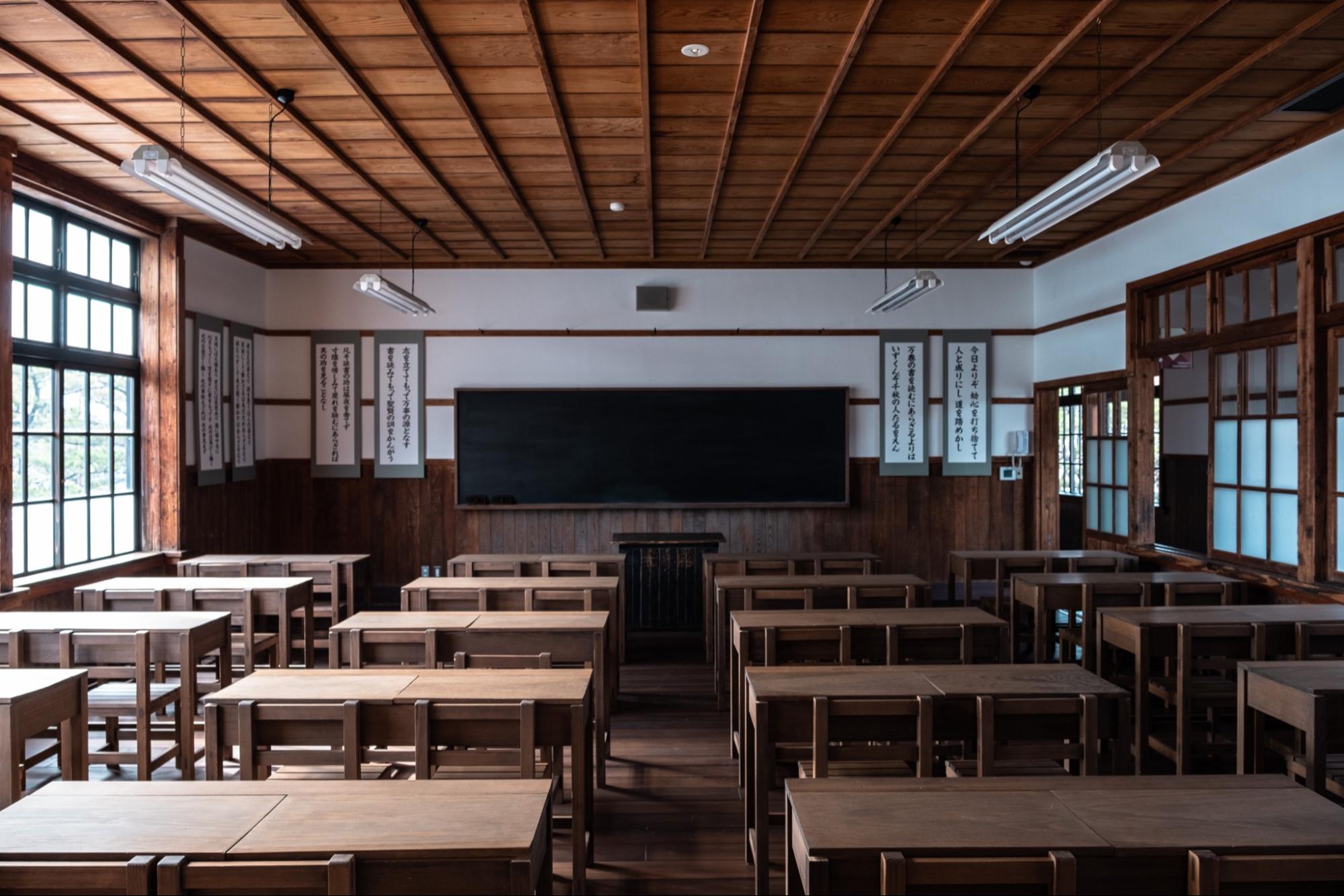
Image credit: Hiroyoshi Urushima
The frequent occurrence of such incidents has resulted in the formation of advocacy groups. A prominent one is Burakku Kōsoku Nakusō Purojekuto (Project to Eliminate “Black” School Rules), which helps to collate information on unreasonable school rules in order to call for reform nationwide.
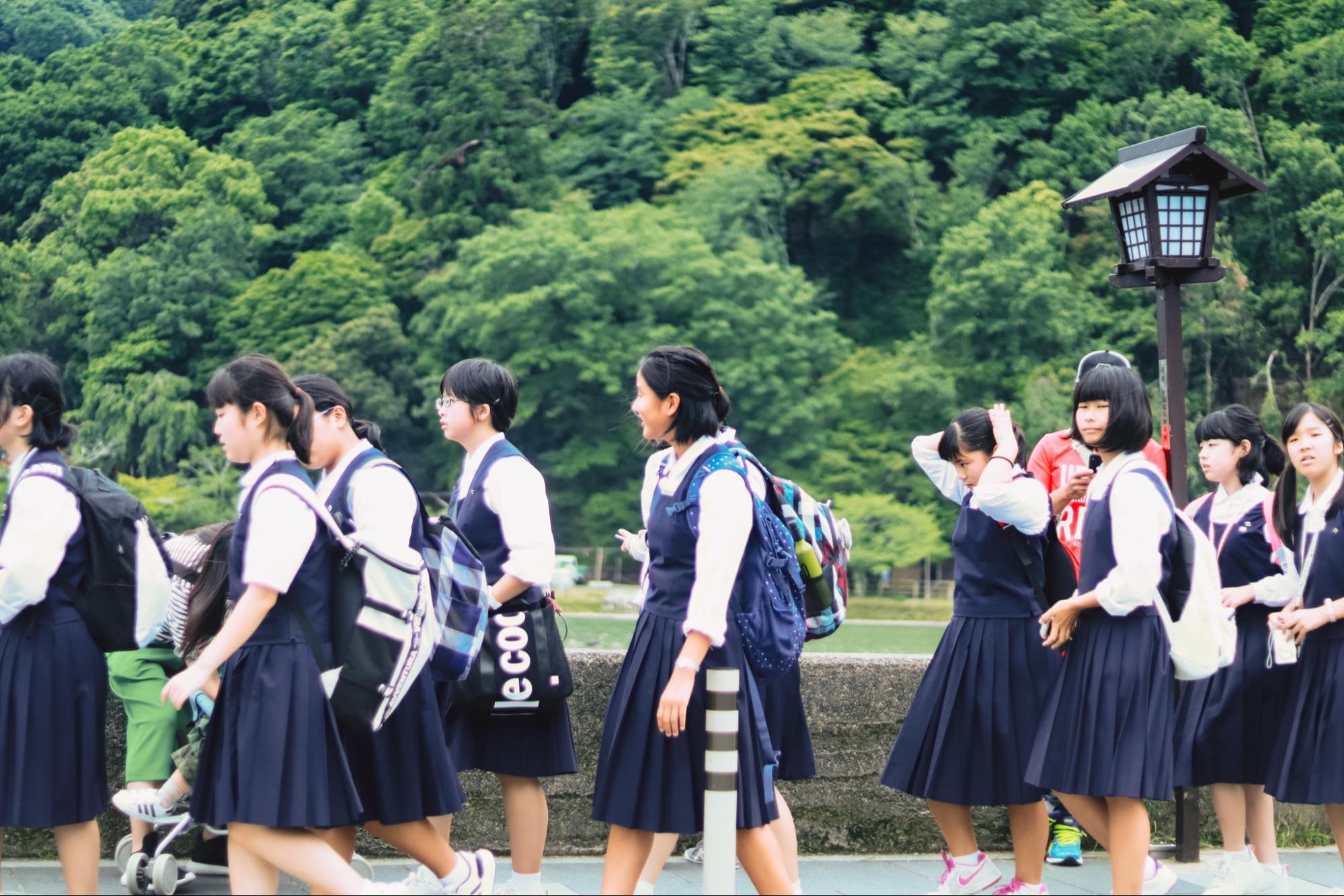
Image credit: Stephanie Hau
While it is understandable that schools want to ensure that students maintain a respectable image for the sake of the school, some of these rules go beyond that and encroach into controlling one’s personal choices.
Critics purport that these rules result in people becoming more submissive and easily controlled, especially by authority figures. The rules stifle independent thinking and freedom of expression.
Japanese schools ban on ponytails & pigtails
The Japanese school uniform might be a fantasy for some people, but for the actual students themselves, it couldn’t be further from that.
Also check out:
- Japanese man breaks into old middle school
- 11 Japanese high school romance movies to watch
- Japanese Buddhist monk dances to EDM for students’ sake
- 20 Tips on studying in Japan that foreign students need to know
- Japanese dad uses Animal Crossing to make son hate video games
Cover image adapted from: Jizhidexiaohailang and Animax
